Welcome to our computing page
Information and communication technology is an integral part of the national curriculum and is a key skill for everyday life, therefore it is important for all children to learn the necessary skills whilst at our school, and through computing pupils are more able to actively participate in a rapidly changing technological world. Whilst pupils are at St. Matthew’s we want all pupils to develop their skills in using technology, as well as learning how to stay safe whilst online and where they can get help and support from.
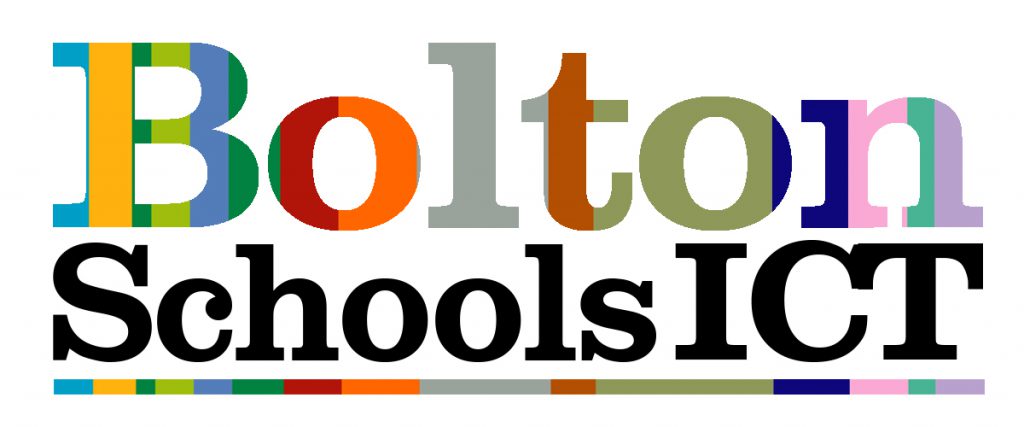 As a school we follow the Bolton Schools ICT Computing Toolkit. It was developed using resources from the national curriculum, Education for a Connected World, NACCE and CAS.
As a school we follow the Bolton Schools ICT Computing Toolkit. It was developed using resources from the national curriculum, Education for a Connected World, NACCE and CAS.
It splits the computing curriculum into 4 main strands: digital citizenship, digital literacy, computer science and information technology.
Computing Long term Overview
The national curriculum for computing, aims to ensure that all pupils:
- can understand and apply the fundamental principles and concepts of computer science, including abstraction, logic, algorithms and data representation
- can analyse problems in computational terms, and have repeated practical experience of writing computer programs in order to solve such problems
- can evaluate and apply information technology, including new or unfamiliar technologies, analytically to solve problems
- are responsible, competent, confident and creative users of information and communication technology.
Whilst pupils are at St. Matthew's we want all pupils to develop their skills in using technology, as well as learning how to stay safe whilst online, and where they can get help and support from. Critical thinking and analytical skills are also developed through the computing curriculum. Computing also ensures that pupils become digitally literate. By the end of each key stage, pupils are expected to know, apply and understand matters, skills and processes specified in the programme of study. By the end of year six, pupils will emerge accomplished in many aspects of computing.
Cross Curricular Links
- Maths: Pattern recognition, charts/graph creation, problem solving, data handling
- English: Instructional writing goes incredibly well with the teaching of algorithms. Working out how to break something down into steps, gives you the skills you need to write a successful algorithm.
- Art: Not only can pupils apply their Computing skills to create digital art, they can also explore the idea of abstraction; the removal of unnecessary detail, to view things in their simplest form.
- Science: The collection and organisation of data play a strong part in both Science and Computing and the subjects really complement one another. Not to mention the process of predicting, testing and reviewing in both subjects.
Computing 2025
Further information about our Computing curriculum can be requested from the school office.
Click here for contact information.

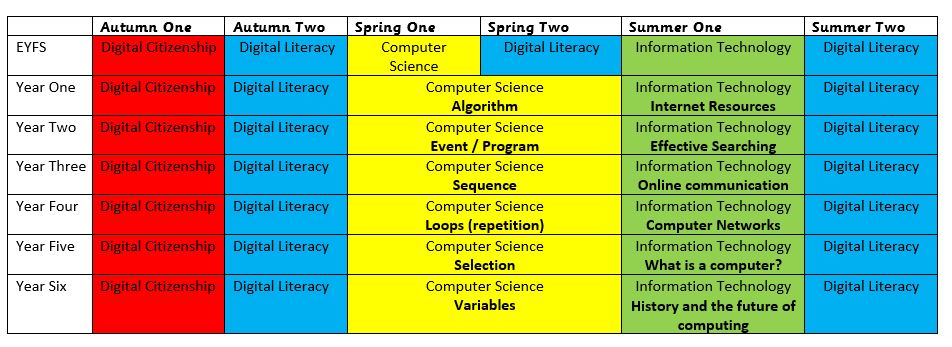
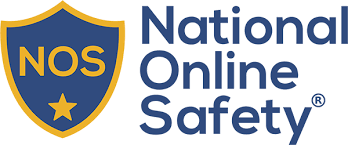
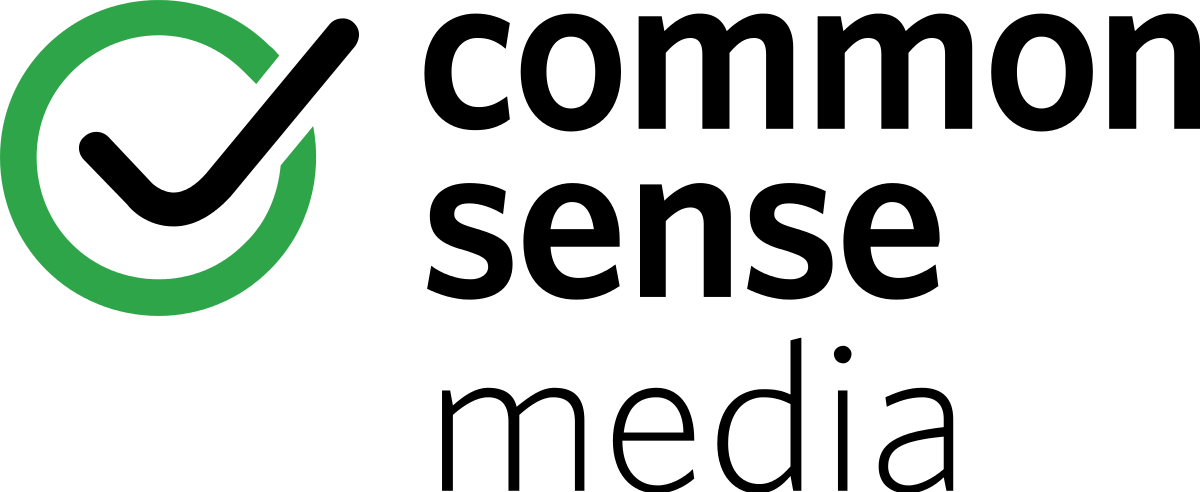
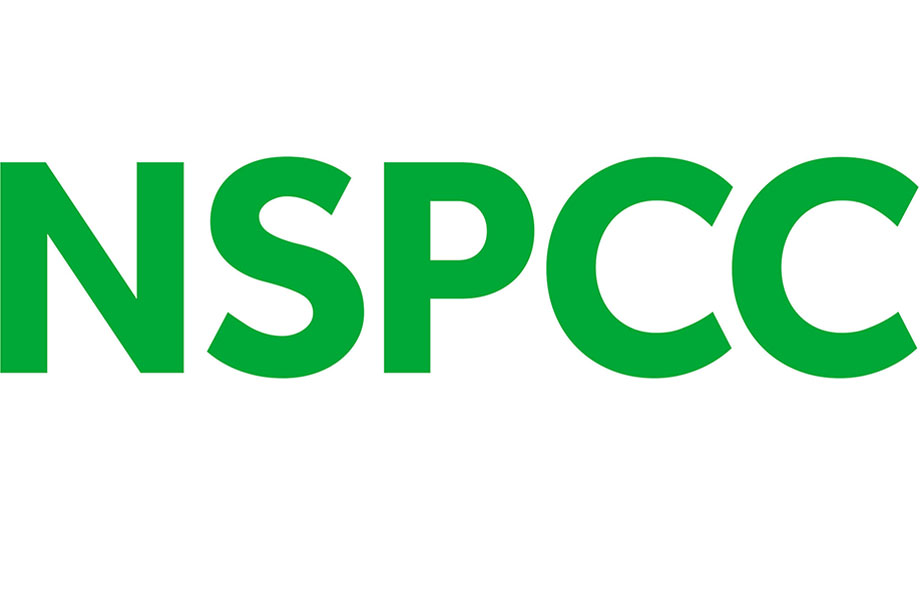
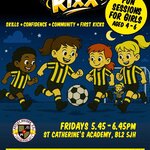
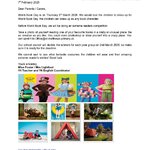
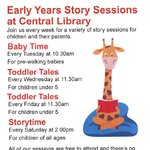
.png)
